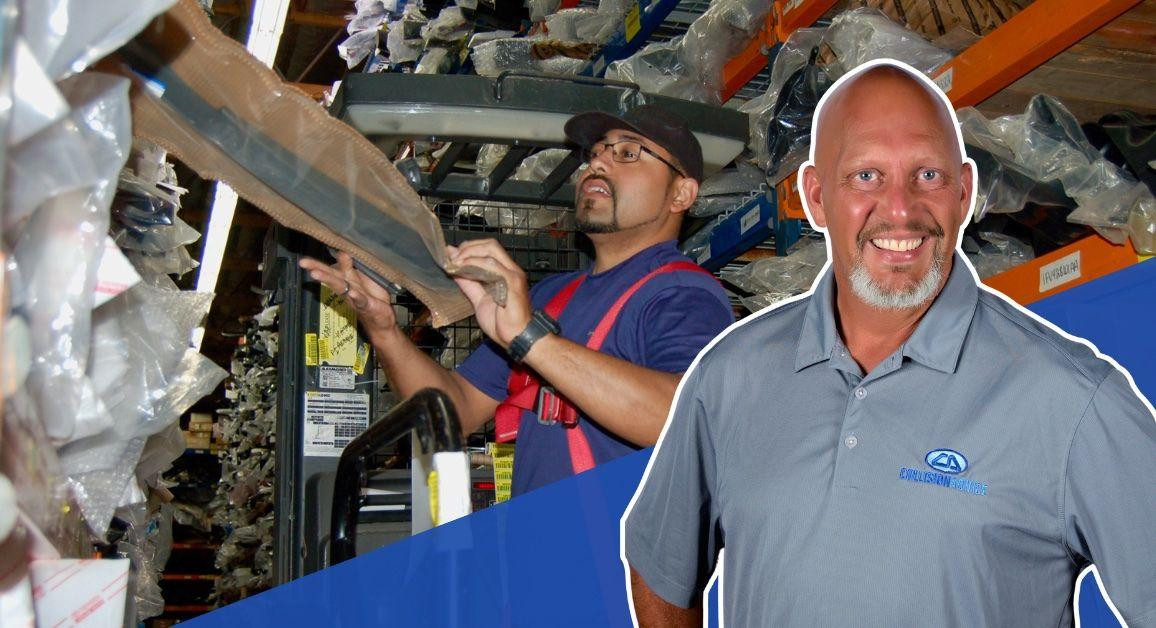In a previous column, I wrote about what shops are looking for from the wholesale parts vendors they work with. But through more than a dozen meetings I’ve conducted for an automaker, bringing together that OEM and its wholesale parts managers in a region along with collision repairers, I’ve also heard from those parts managers what shops do -- or don’t do -- that makes them the best customers those dealers have.
Why should shops care about this? Because just as you, as a collision repairer, will go above and beyond for your best customers, wholesale parts vendors will go above and beyond for their best shop customers.
Here’s what’s on their list:
They want to work with shops that submit accurate orders. Shops that order what they THINK they need and then return half are not ever going to be among a parts vendor’s best customers. Accurate parts orders, many vendors say, convey the position on the car for the needed parts: left/right, front/rear.
Order accuracy goes hand in hand with complete parts orders. Avoid having multiple parts order for a job.
They want to work with shops with a low return percentage. Parts returns add costs to everyone in the parts chain. Wholesale parts vendors vary in what they view as a “low” return percentage, but most define that as less than 4% -- excluding any core charges. I believe any shop returning more than 4% has an issue: They’re not doing complete disassembly, they’re pre-ordering parts on potential total losses, they’ve got some process problems, or they’re ordering just what they THINK they need.
I personally think parts vendors’ discounts should be structured based on a shop’s percentage of returns, with a lower discount for those with higher return rates.
They want to work with shops that pay their bills on time. They generally would prefer shops to pay that bill via ACH, a transfer of money from the shop’s bank account to the dealership’s bank account. In these meetings, I explained to the parts vendors that many shops want to pay all their bill via credit card to get the cashback bonus.
Again, I personally think parts vendors’ discounts should also be structured based on the timeliness and method of shops’ payment practices.
Parts vendors want to work with shops that are loyal. If you are switching your business around among vendors based on some short-term gain, don’t ever expect to be considered as a “best customer” by any of those vendors.
They want to work with shops that aren’t regularly hitting them up with last-minute orders. I personally feel if you are regularly placing “rush orders,” you shouldn’t expect to get the best discount available.
They don’t want to work with shops that are gaming the system. This is a sensitive topic that I am very concerned about in our industry. Parts vendors don’t want to work with shops asking for an OEM part price-match based on some non-OEM part or price that’s not really available. Ladies and gentlemen, this is not ethical or fair. I think it needs to stop. I know at least one manufacturer that will kick a shop off of its OEM certification program if it’s gaming the system like this. I personally think all automakers should do this.
So I’ve laid out what each side in the parts transaction -- shops and vendors -- want from the other. Next time, I’ll other some thoughts and idea on what shops and their parts suppliers can do together to each improve their business.














Mike Anderson